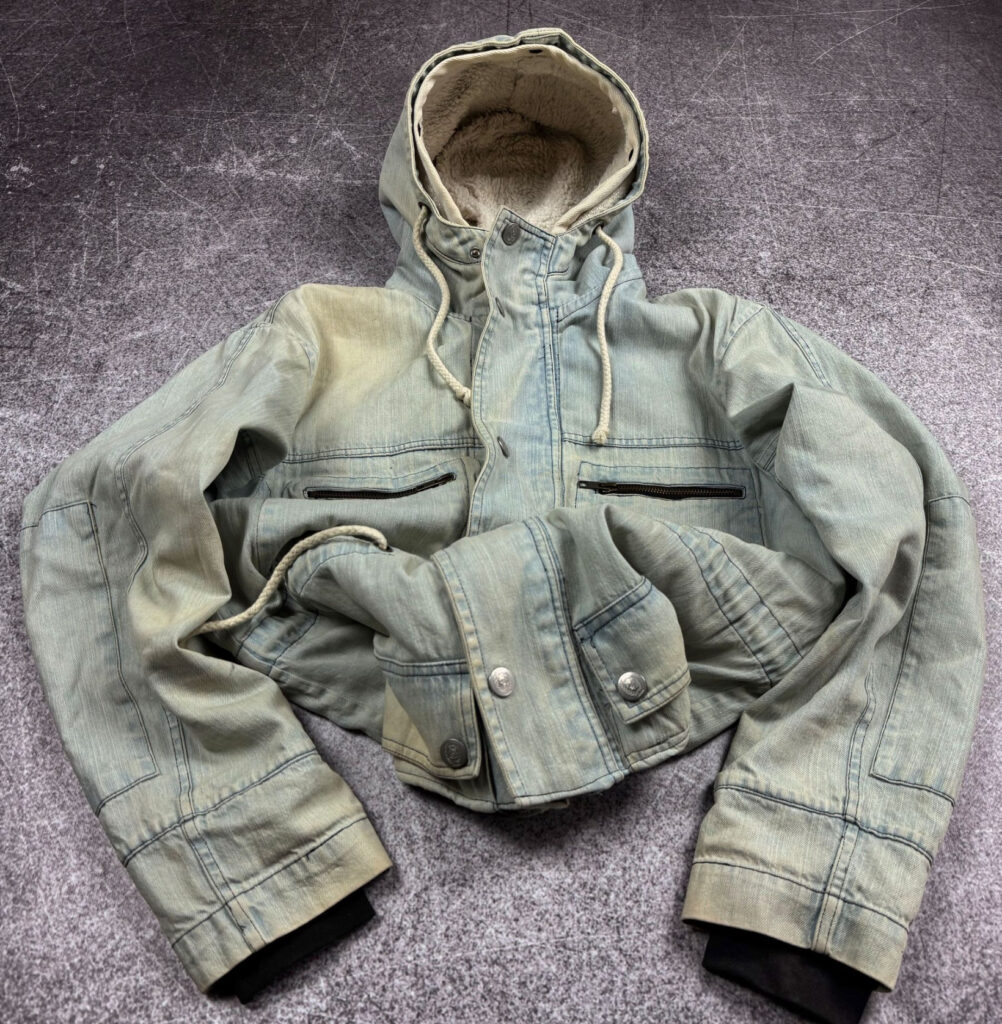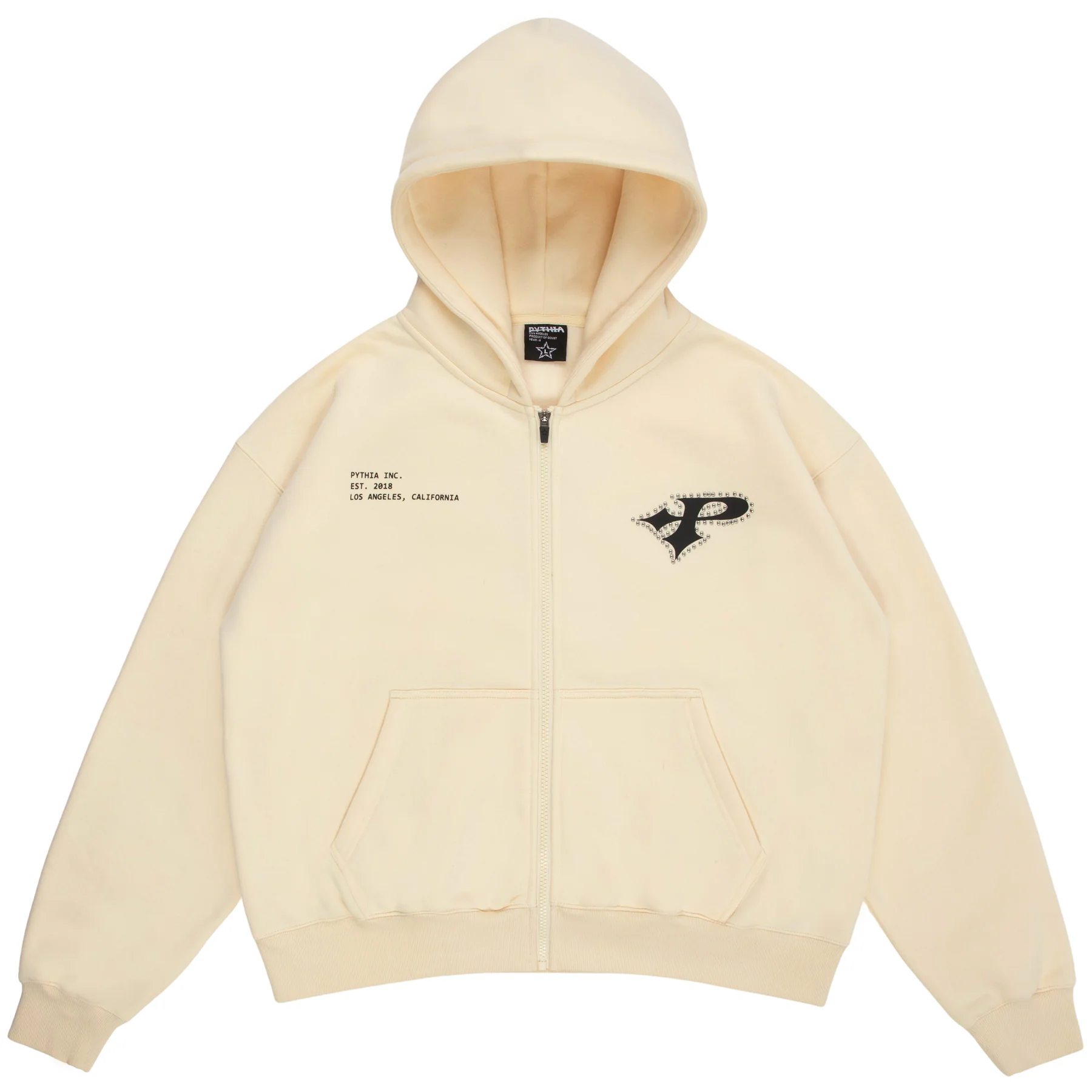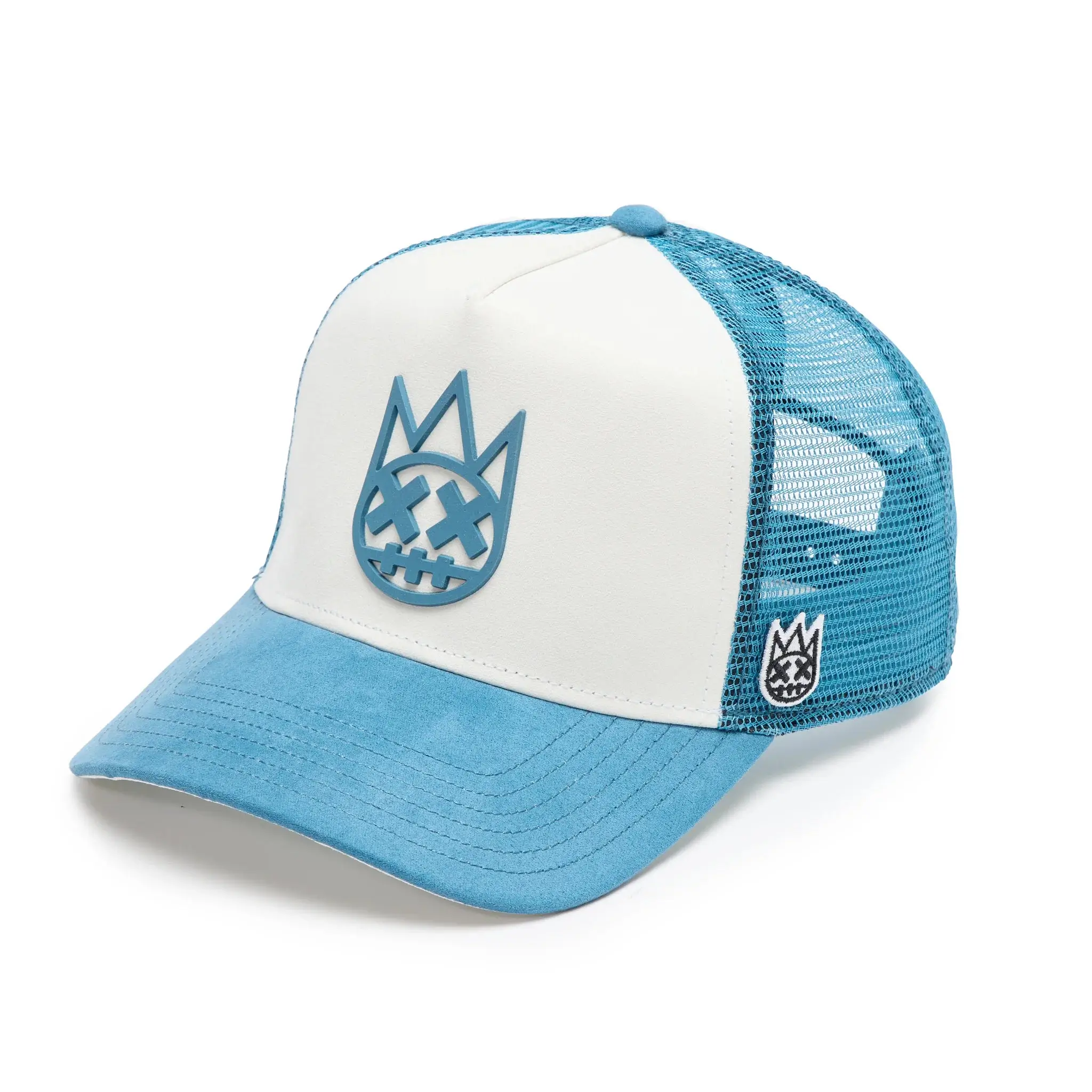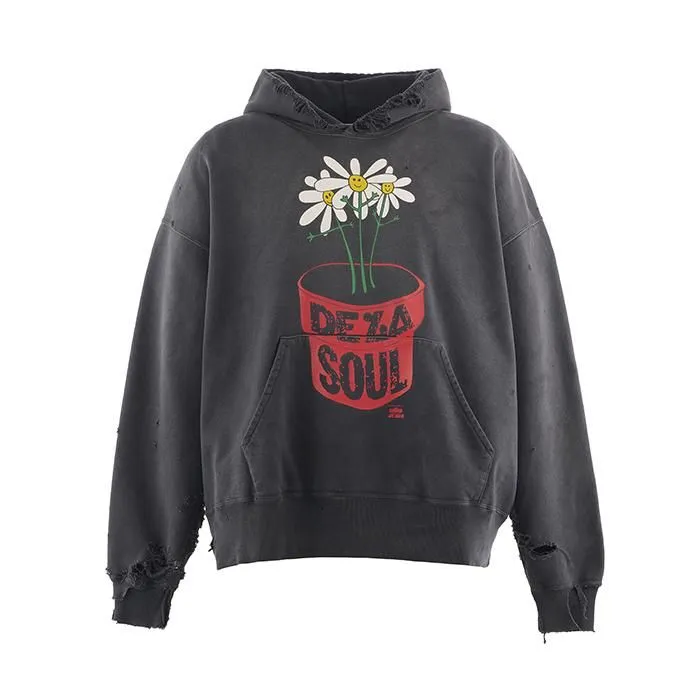The intersection of avant-garde fashion and utilitarian design has found its zenith in the If Six Was Nine x Junya Watanabe x Yohji Yamamoto Cargo Washed Fur Jacket. This rare collaboration unites three visionaries—If Six Was Nine, known for their rock-and-roll inspired eccentricities; Junya Watanabe, a trailblazer in innovative, functional design; and Yohji Yamamoto, the master of deconstruction and the poetic interplay of structure and flow. Together, they’ve created a garment that challenges traditional aesthetics while embracing practicality and unconventional elegance.
This cargo-washed fur jacket, a statement piece at its core, is not just a jacket—it’s a wearable art form that epitomizes the fusion of rebellion, craftsmanship, and cultural commentary.
A Fusion of Avant-Garde Philosophy
At first glance, the Cargo Washed Fur Jacket stands as a testament to defying norms. Its name alone suggests an amalgamation of contrasting themes: the rugged utility of cargo design, the distressed, washed aesthetic, and the luxury of fur. Each collaborator brought their unique ethos to the table, resulting in a jacket that encapsulates a range of ideas.
•If Six Was Nine contributed their signature bohemian, rock-inspired edge, channeling their ethos of imperfection and individuality.
•Junya Watanabe’s influence is evident in the jacket’s utilitarian functionality, seen in the strategic pocket placements and thoughtful use of materials.
•Yohji Yamamoto’s deconstructionist philosophy and penchant for blending masculine and feminine energy shine through in the jacket’s silhouette and detailing.
This synthesis of creative forces elevates the piece beyond fashion—it becomes a bold statement about identity, form, and the evolving nature of clothing.
The Aesthetic: Raw Meets Refined
Materiality and Texture
The jacket’s material palette is perhaps its most striking feature. It blends distressed, washed fabric with fur accents in a way that feels simultaneously raw and opulent. The fur is dyed with muted tones that evoke a weathered, lived-in quality, while the washed fabric creates an almost industrial aesthetic. This intentional wear-and-tear effect makes the jacket feel timeless, as though it’s traveled through history while retaining a contemporary edge.
Silhouette and Fit
Yohji Yamamoto’s mastery of structure is apparent in the jacket’s relaxed yet purposeful fit. The oversized silhouette offers fluidity, allowing for layered styling without sacrificing form. Subtle asymmetry in the cut ensures that no two angles of the jacket look identical, a nod to Yamamoto’s philosophy of imperfection as beauty.
The jacket’s shape is both utilitarian and avant-garde, with sharp lines softened by fur accents, making it equally suited for urban streetscapes and high-fashion runways.
Utility Meets Artistry
The “cargo” element of the jacket is not merely decorative. Junya Watanabe’s influence ensures that each feature serves a purpose. Large, functional pockets are placed in unexpected locations, blending aesthetics with practicality. These pockets are not afterthoughts; they are integrated seamlessly into the design, making the jacket a true utilitarian masterpiece.
But beyond functionality, the placement of the cargo elements tells a story. They hint at the military and industrial origins of cargo fashion, juxtaposing these rugged roots with the softness of fur and the artistry of distressed washing. This tension between utility and luxury reflects modern society’s duality—where the line between necessity and indulgence is constantly blurred.
Cultural Resonance and Symbolism
This collaboration draws heavily from its cultural context, merging Japanese avant-garde traditions with Western rock-and-roll influences.
•If Six Was Nine brings the raw energy of counterculture, nodding to Hendrix’s defiant anthem, “If 6 Was 9.” The brand’s ethos resonates with the idea of nonconformity and embracing individual identity, values that shine through in the jacket’s unapologetically bold design.
•Junya Watanabe, as a protégé of Rei Kawakubo, has long explored the interplay of structure and function. His involvement in this piece reflects a deep appreciation for garments that challenge conventions while remaining grounded in purpose.
•Yohji Yamamoto weaves his poetic narrative of deconstruction, creating a piece that feels unfinished yet perfect. His signature monochromatic aesthetic is infused with muted tones and textures, reinforcing the jacket’s timeless appeal.
Together, these designers have crafted a piece that reflects broader themes of rebellion, transformation, and the beauty of imperfection.
Sustainability and Slow Fashion
The washed, weathered look of the jacket also aligns with the principles of slow fashion. By designing a piece that appears “pre-loved,” the collaborators encourage a departure from the fast-fashion obsession with pristine, disposable garments. The jacket’s durability and thoughtful construction ensure it will remain a wardrobe staple for years, reinforcing the idea that true luxury lies in longevity.
The use of natural and repurposed materials further reflects a commitment to sustainability. The juxtaposition of fur—a material often criticized for its ethical implications—with the utilitarian aesthetic invites a broader conversation about conscious consumption, craftsmanship, and the future of fashion.
Styling and Versatility
Despite its avant-garde origins, the Cargo Washed Fur Jacket is surprisingly versatile. It pairs effortlessly with denim, leather pants, or even flowing skirts, making it a standout piece that adapts to various aesthetics.
For a rocker-chic look, pair the jacket with distressed skinny jeans, combat boots, and a vintage band tee—channeling If Six Was Nine’s rebellious spirit. For a high-fashion edge, layer it over a Yohji-inspired all-black ensemble, emphasizing its asymmetry and texture.
This adaptability is a testament to the jacket’s thoughtful design, proving that avant-garde pieces don’t have to be confined to the runway.
Impression
The If Six Was Nine x Junya Watanabe x Yohji Yamamoto collaboration is a masterclass in collaborative design. Each brand’s identity is preserved, yet the piece transcends the sum of its parts. It sets a precedent for future collaborations, emphasizing that successful partnerships require a shared vision and a willingness to push boundaries.
As the fashion industry continues to evolve, such collaborations are becoming increasingly important. They challenge traditional hierarchies, blur the lines between luxury and utility, and create garments that resonate on both aesthetic and philosophical levels.
The If Six Was Nine x Junya Watanabe x Yohji Yamamoto Cargo Washed Fur Jacket is more than just a garment; it’s a statement. It challenges norms, embraces imperfection, and celebrates individuality. It’s a piece that demands attention and sparks conversation, embodying the essence of what avant-garde fashion should be.
In an era where fashion often feels disposable, this jacket reminds us of the power of craftsmanship and collaboration. It’s a piece that doesn’t just occupy space in a wardrobe—it transforms the way we think about clothing and its role in self-expression.
Whether worn as a symbol of rebellion or appreciated as a work of art, this jacket stands as a testament to the enduring power of innovation in fashion. It’s not just a jacket—it’s a legacy.
No comments yet.








